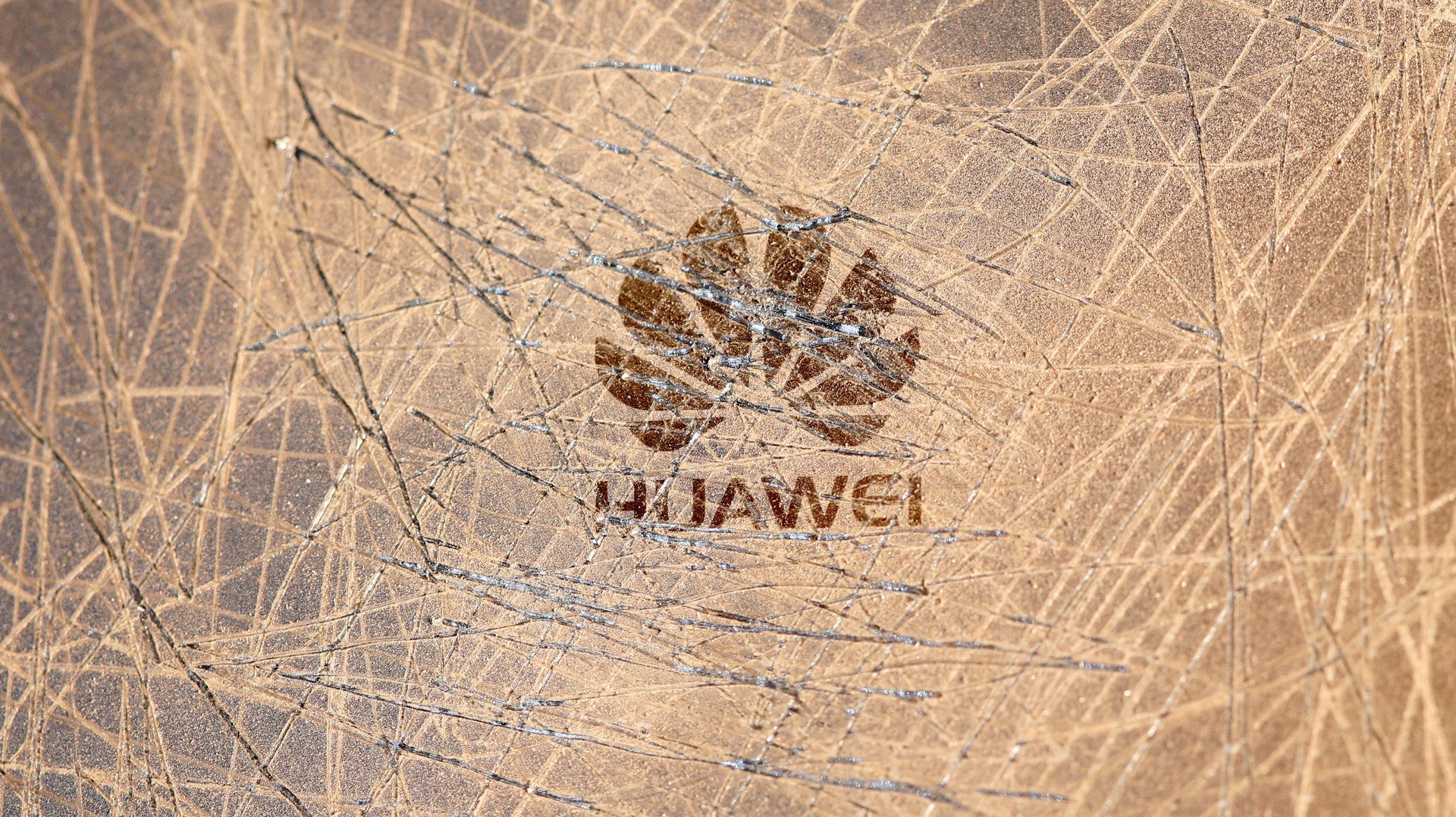Huawei’s toughest PR battle isn’t overseas, it’s at home
As tensions between Huawei and the US and other Western countries have intensified in recent years, the Chinese telecom equipment maker has been counting on the unwavering support of its domestic audience who see the company’s battle abroad as a matter of national pride.


As tensions between Huawei and the US and other Western countries have intensified in recent years, the Chinese telecom equipment maker has been counting on the unwavering support of its domestic audience who see the company’s battle abroad as a matter of national pride.
But the company’s latest, and arguably biggest headache is now at home in China, just as Huawei launches a PR campaign on the one-year anniversary of the arrest in Vancouver of CFO Meng Wanzhou, who is also the daughter of founder Ren Zhengfei.
The Canadian authorities arrested Meng at the behest of the US on allegations that Huawei violated US sanctions on Iran. She is awaiting a decision by Ottawa on whether to extradite her to the US next year—Huawei has said the arrest is “politically motivated” and that she is innocent. In an open letter published on Sunday (Dec. 1), Meng said her “heart has been warmed” by the support she has received since the arrest, including that from “numerous internet users.” China’s foreign ministry, new to Twitter, also tweeted support for Meng today (Dec. 3).
However, the “numerous internet users” mentioned by Meng don’t seem to be playing along. Instead, angry Chinese internet users have been posting comments since the publication of the letter attacking Huawei for its treatment of a former employee, Li Hongyuan. He resigned from the company in January 2018 after working there for 12 years. Li filed a lawsuit against Huawei for its failure to pay his year-end bonus in November last year, according to an interview (link in Chinese) he gave to a Chinese media outlet on Sunday.
Shortly after he filed the suit, Li was detained last December by Shenzhen authorities. According to Li, it was on the charge of alleged extortion leveled against him by Huawei. He said that a Huawei worker had transferred the severance pay owed to him via a personal bank account when he resigned, and that this money was used as evidence by Huawei to support its accusation of embezzlement. Li was detained for 251 days until August, but eventually walked free due to insufficient evidence.
The episode comes during a particularly strained time in relations between Chinese tech workers and employers. The trade war with the US has led to a number of layoffs, and there are mounting grievances at the long hours of work in China’s tech sector. The online protest against the work hours is known as “996,” which refers to the 9 am to 9 pm, six-days-a-week work schedule that is common in Chinese tech companies.
In response to Huawei’s charm offensive in support of Meng, Chinese users on social network Weibo have been posting under hashtags such as ”Huawei’s former employee” (link in Chinese). Many of the comments expressed sympathy for Li and accused Huawei of treating him poorly. Others posted the numbers “996” and “251,” referring to the number of days Li is said to have been detained. Other numbers cited by users are “985” and “404”, referring to Li’s graduation from one of China’s top 985 universities and the error message displayed when a website page has been deleted, hinting at Chinese censorship of the topic online.
“We’ll never become Meng Wanzhou, but we could become the next Li Hongyuan,” read one comment (link in Chinese). “We firmly support the Canadian authorities to extradite the ‘princess’ to the US,” said another. Patriotism, a motivation often cited by Chinese consumers for buying Huawei phones, has not eased the online storm of criticism of the company. “I love China, but I don’t love Huawei,” wrote one social media user. Another said Huawei has been “presented as a chariot tied up with patriotism,” but the company has betrayed “business norms and restraints.”
Huawei said in a statement that it “has the right, and in fact a duty, to report the facts of any suspected illegal conduct to authorities.” “We respect the decisions made by the authorities, including those of the public security bureau, the court, and the procuratorate. If Li Hongyuan believes that he has suffered damages or that his rights have been infringed, we support his right to seek satisfaction through legal means,” it said in an emailed response.